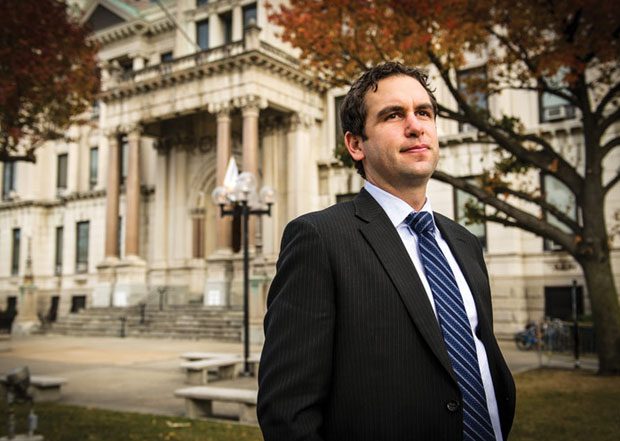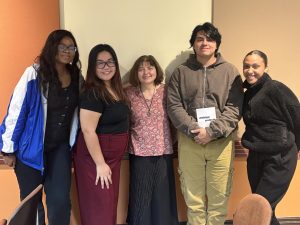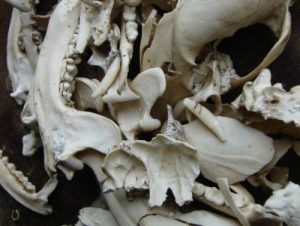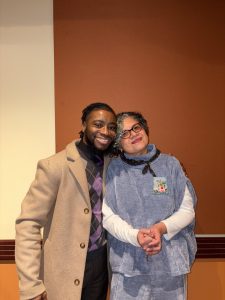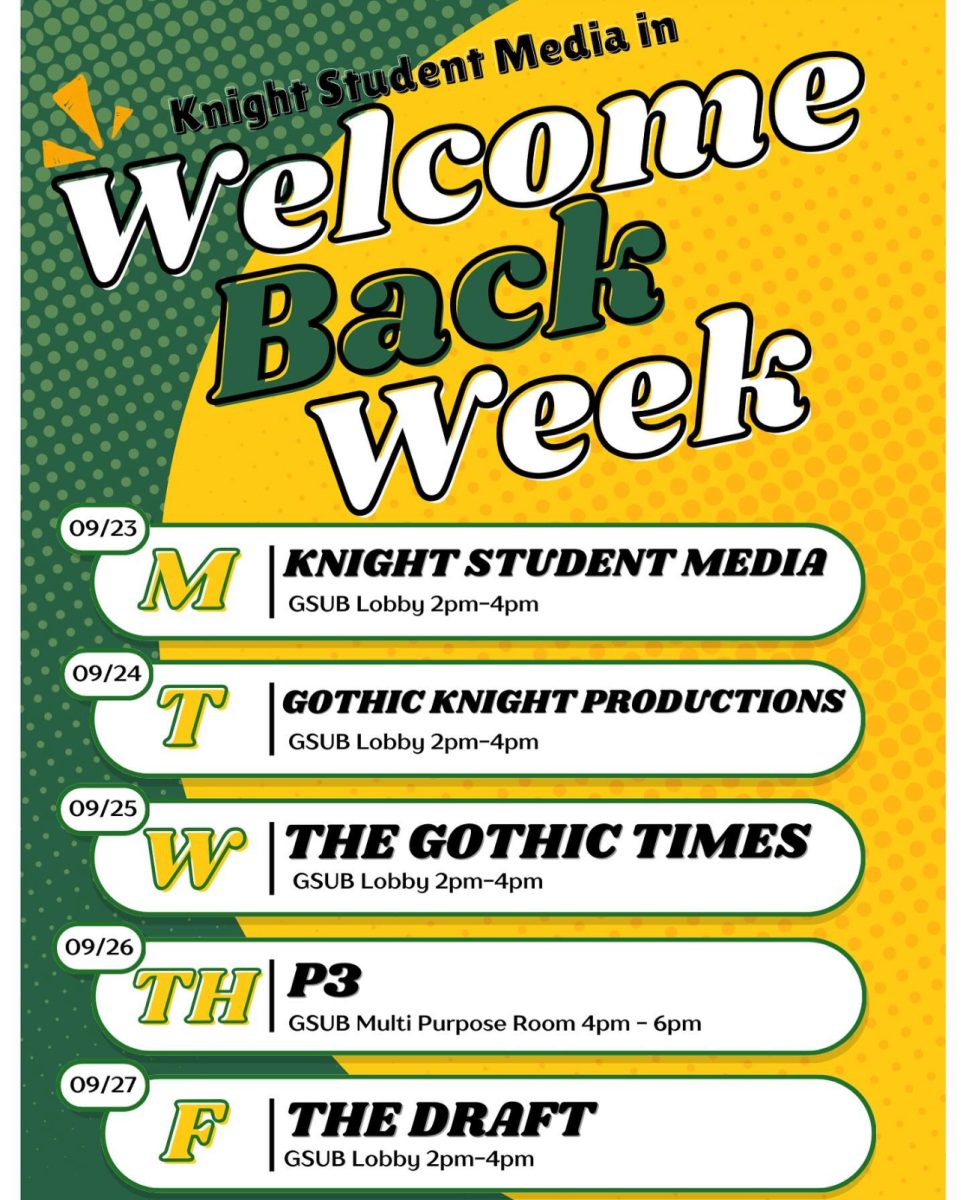Mayor Fulop talks moving Jersey City forward at NJCU
May 10, 2017
Jersey City Mayor Steven Fulop, along with Councilman Daniel Rivera, appeared at NJCU on Saturday, May 6, to speak with students and residents about economic issues as well as future redevelopment plans and safety in Jersey City.
“I like to think that Jersey City is a very special place and we’re very lucky to live here,” said Fulop. “It’s the most diverse city in the country and has such a rich history. We just want it to be the best recognized city in the state.”
Jersey City has seen major redevelopments in its downtown section, with high rises going up all over the district. This redevelopment has also included a rise in businesses which help accommodate people living or working in the area. But downtown wasn’t always the best part of town. In fact it was quite the opposite 30 to 40 years ago as it was a major area for crime. Mayor Fulop has expressed expanding this redevelopment into Jersey City’s south side.
“Jersey City is two cities within a city,” said Fulop. “There’s downtown which has been redone and there’s the rest of the city which may have some animosity towards downtown being the favored child of the city.”
Several students and citizens were able to voice their concerns in regards to the city’s current state and what will be done in order to properly propel it into the future. Issues such as having a larger police presence on the streets were addressed by Fulop.
“There will be more police present on Martin Luther King Drive and Ocean Avenue, though it may be the worst use of your tax dollars,” said Fulop. “Having more officers on foot in the streets could make you feel safe but they don’t have the same response time as officers in vehicles. Also, any ‘bad guy’ can see the officers and just move on to the next street. So we’re trying to get more officers on the street but the goal or outcome isn’t always easy.”
Another one of the key issues touched upon was affordable living in Jersey City. It’s no secret that major market developments have been going up all over Jersey City with high rises now present in Journal Square and housing near Liberty State Park. Fulop stated that “one of the things we’ve been looking to improve is affordability. For anyone coming into Jersey City or anyone who’s lived here their whole lives, we want them to be able to afford to live here. Our biggest goal is to have better development and affordable housing for the city’s south side.” Several cleanup sites have been established in areas with high counts of hexavalent chromium, a highly toxic chemical compound that has been known to cause cancer, in order to establish more housing.
Other issues such as recreational programs for the city’s youth were brought up. Fulop said that the city has put resources into after-school and social service programs. Thirty recreational programs have been created so students may have a place to go after school in order to use their time in a positive matter. Some of these programs include science programs, math programs, boxing, scuba diving, cricket and baseball.
“The community today isn’t as engaged with the youth the way it was 20 to 30 years ago,” said Councilman Rivera. “I grew up in downtown when it wasn’t the best area to live in. It was once described as ‘The Land That God Forgot.’ Despite that, the schools were always open and the kids always had a place to go.”
There have been arguments that if children and adolescents are left unsupervised then they have a higher risk of falling into activities such as substance abuse or gang-affiliated activity. This has increased the perceived need for after-school programs.
“We’re putting this out there for the kids but the parents have to be involved as well and pick up the phone in order for it to work,” said Fulop.
Fulop touched on the city’s Criminal Reentry Program, which is designed to reintegrate former prisoners into the community with jobs, housing, and help with substance abuse. Programs such as these are implemented with the goal of reducing recidivism, which refers to the percentage of former prisoners being rearrested for a similar offense.
“Most people coming out of correctional facilities have or develop problems with substance abuse,” said Fulop. “It’s important to help them reintegrate into society but they have to want to be helped.”
Transformation became a topic in the conversation and Fulop brought up a new project which he claimed would be “the most transformative project in Jersey City.” Jersey City owns 18 acres of property next to the Liberty Science Center. It was originally planned for private housing but the plan never came through. It’s now going to be transformed into an interactive science museum where students can take part in the after-school science programs it will have to offer.
“There is of course controversy over this decision,” said Fulop. “It’s just one of the things in politics that can’t be easily explained.”
In regards to Fulop’s plans on building Jersey City’s future, Floyd Jeter, a sociology professor at NJCU who was present at the event said, “We all have a part to play. We can’t just expect the city to do everything for us. We have to put some skin into it.”



